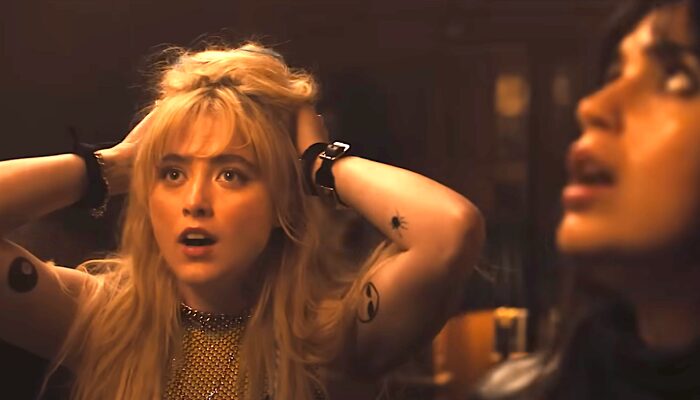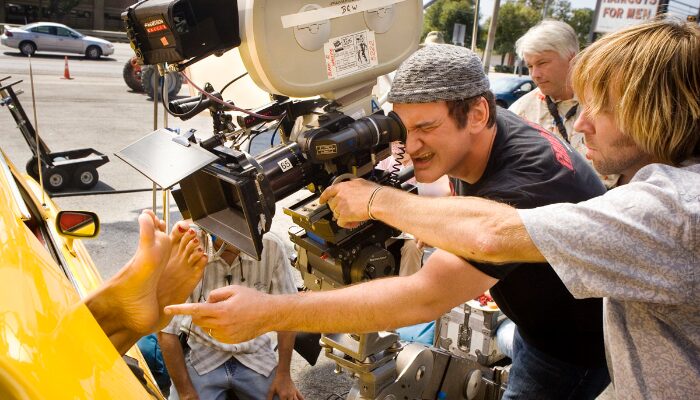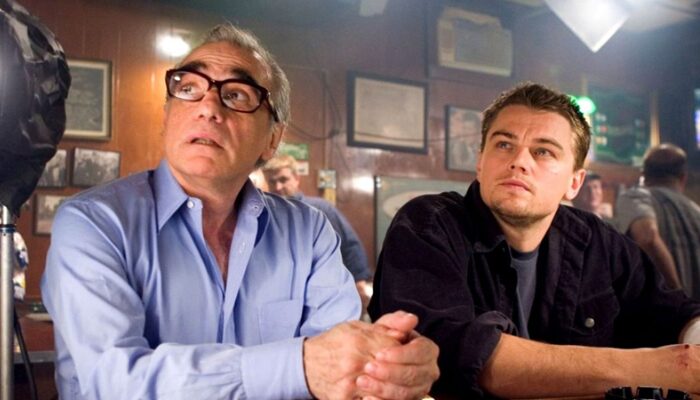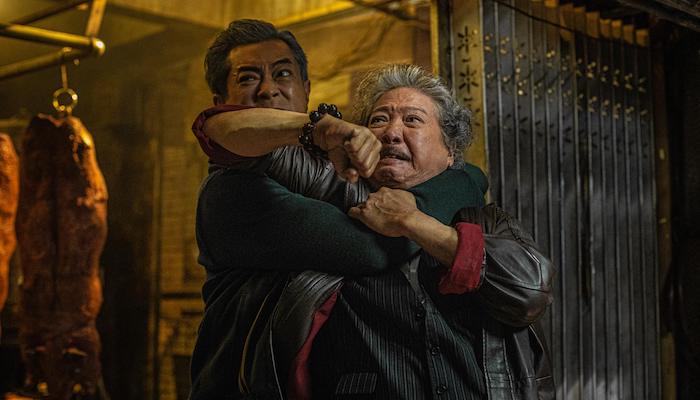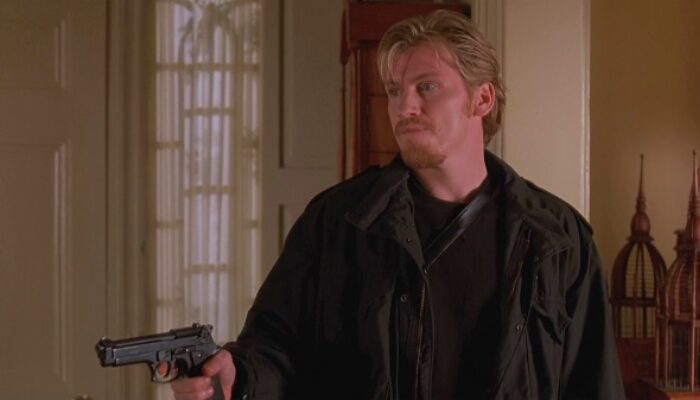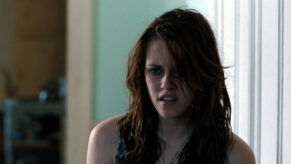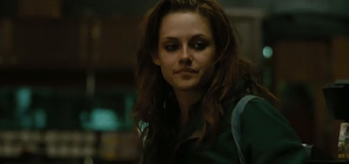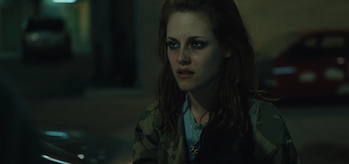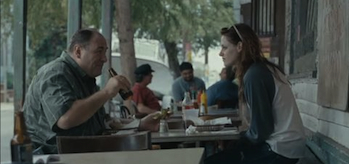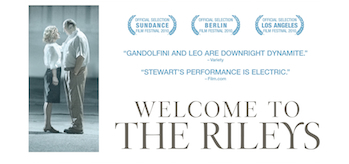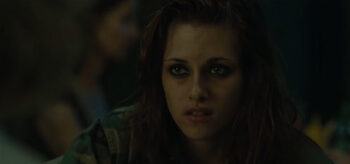Film Review: WELCOME TO THE RILEYS (2010)
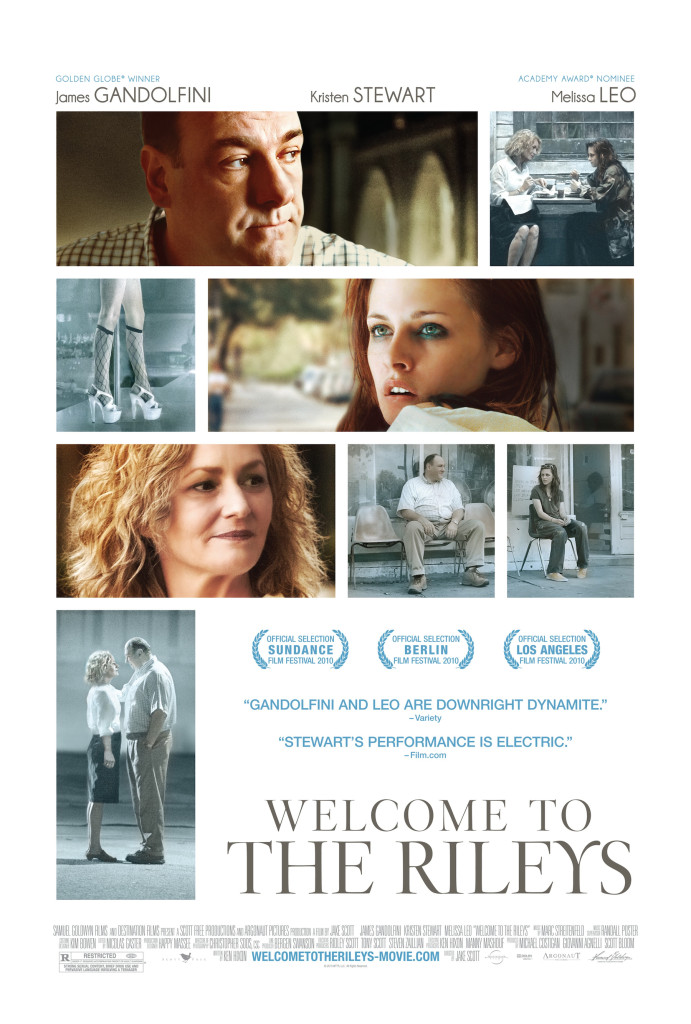
Gandolfini’s compassionate Doug manifests his internal emotions in expected and unexpected ways. It’s the unexpected that make this father dealing with lose and a marriage on the ropes real and the variable that draws the viewer in. A grown man crying begs the question: what is the nature of the tragedy in his and his wife’s life that is causing this? How long ago did it happen?
Tragedy upon tragedy seems a commonality in Welcome to the Rileys, illustrated when Mallory (Kristen Stewart) enters the film: her age, decorum, and multiple illicit ways in which she earns an income. Welcome to the Rileys is the film that currently contains the best dramatic turn for Kristen Stewart to date.
There was much to do about this role, its explicit contours both in the nature of the character and the way in which she spoke. This was all hyperbole, a reaction to the public persona of the actress playing Mallory. There is nothing out of place with her demeanor or prose in the context of her character or this film’s plot. If Mallory spoke proper English with an extensive vocabulary Noah Webster could be proud of, it would have been odd and out of place.
Mallory’s utterances are those of an urban teen, using expletives in the place of other adjectives and using slang for parts of the autonomy.
It was humorous hearing the slang phrase “cooter” numerous times but her frankness about dollar bills and reproductive organ aromas was not flattering nor was it meant to be. When Doug mentions her cheapness and uneducated ways, this is one of its examples.
Mallory is an acclimated veteran of her fields of work, fully aware of her own limitations. When Doug – and by extension the audience – learns about what she is capable of, willing, to initiate, and contract to do, there is an unperceptive adjustment period to their zealous deliverance and her calm countenance. She is worldly in her degradations and the bottom-feeder world she navigates. She is not a person that can be shocked by anything sexual.
Kristen Stewart’s best scene in the film involves services rendered, something sexual she won’t do, and a theft. She is livid, angry, turning to the only real friend she has. She’s bouncing all over the space as a bystander stares and Doug tries to calm her down. Then there is a realization and Mallory breaks down. Stewart’s fright acting in The Messenger was good but it is nowhere as good as her self-hatred and sorrow delved into here. Mallory is a beaten down human being, bludgeoned repeatedly by her own continuous deleterious actions, much like Randy “The Ram” Robinson in The Wrestler.
Lois Riley (Melissa Leo) reminds the viewer multiple times of young love in the way she looks at Doug and in how she smiles at him. Conversely, she shows maturity in her reactions to knowledge of some of Doug’s clandestine activities, as she is fully cognizant of the reasons behind them.
Trying to help Mallory becomes the immediate concern of Lois and Doug. Lois’s initial objection to Mallory disappears as she soon sees in her what Doug saw during their first encounters. When Mallory senses the way in which they are beginning to look after her, it’s as if Mallory were trapped and the bars of her enclosure are being rapped with an aluminum bat. Some things cannot be fixed, time cannot be reversed, and the past cannot be undone. Mallory tells the Rileys this when she says: “I’m one’s daughter. I’m past that.” What was omitted from this statement was: “This is who I am now, for better or worse.” Kurt Vonnegut’s famous line: “So it goes” may be an appropriate analytical reference here. Translated into lingo Mallory is fluent in, it would be something like this: “Sh*t happens. Deal with it and move on.”
Welcome to the Rileys’ ending is not as powerful or as fulfilling as the film leading up to it is. The viewer is expecting something either very terrible (Mallory stuffed under a seedy hotel bed, the smell bringing her body to the attention of a maid days later) or something uplifting yet trite. Neither happens. A lackluster third choice is used, though it does fall in line with Mallory’s “I’m past that” utterance.
Jake Scott’s Welcome to the Rileys is a drama that has more going for it than is readily seen on its surface. Its resolution is muted, subdued though what led up to it was not. The film was a journey of change that ended in an unexpected way.
Rating: 8/10
Related Articles
FilmBook's Newsletter
Subscribe to FilmBook’s Daily Newsletter for the latest news!

